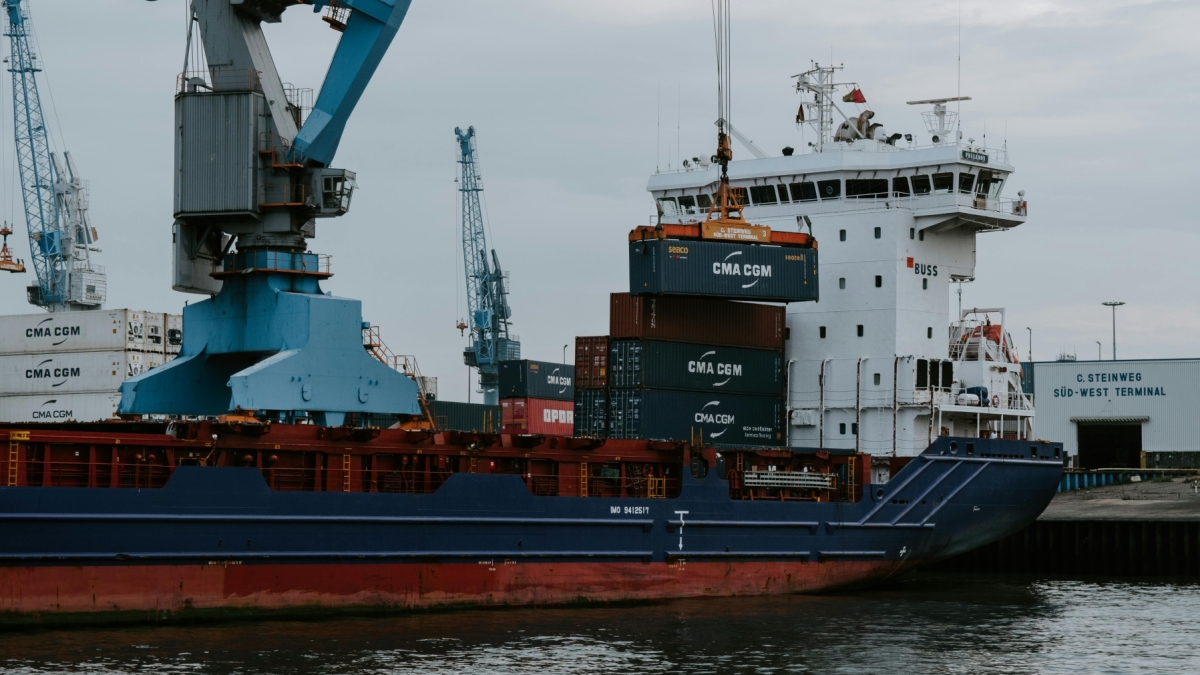 Photo by Kai Pilger via Pexels
Photo by Kai Pilger via Pexels
Maritime IAP touts Singapore as trade centre
The panel also emphasised the role Singapore has in boosting the maritime industry.
The Maritime International Advisory Panel (Maritime IAP) said that Singapore has a vital role in enhancing the industry. The city-state could catalyse green financing solutions, unlock the benefits of deeper utilisation of technology and data, and position it as a training hub to develop the skills of future maritime workers, it said during its third annual meeting last 16 April.
Maritime IAP also said that Singapore would be an important conduit for new trade. The city-state could become a technology hub for the development, installation, and accreditation of critical technologies, especially for those fitted onboard ships, it added.
Held during the Singapore Maritime Week 2024, the Maritime IAP is seeking international perspectives on key trends and developments that will shape the industry. The highlight of the discussion was opportunities for the maritime sector, specifically in accelerating the green transition towards a low- and zero-carbon future, deepening the utilisation of technology and digitalisation, and training and re-skilling the maritime workforce.
When it comes to the ongoing green transition, the panel said it sees a competing demand for low- or zero-carbon fuels. This calls for a wide range of green financing instruments and investments to catalyse change, address hurdles, and accelerate the transition, it added.
The panel said that financial institutions have expressed willingness to provide lending to support maritime decarbonisation.
ALSO READ: MPA, IEA sign MoU to advance maritime energy transition
Stakeholders were told to pool their needs, whilst demand aggregation would help smaller companies gain better access to suitable solutions and financing, and also allow financial institutions to gauge risks.
Maritime IAP also emphasised the importance of utilising technologies, like Generative Artificial Intelligence, to improve productivity, efficiency, safety, and sustainability. Another important matter is data, especially for optimising vessel voyage planning and energy consumption, and for trade and offsetting uses in the carbon markets.
The industry should also develop cybersecurity resilience, which involves regular risk assessments, mapping of digital assets, and developing an inventory of all information technology and operational technology assets within each organisation.
Maritime IAP said Singapore could forge partnerships in technology development and cyber-resilience.
The industry must position itself as a training hub to develop the skills needed by the future maritime workforce. According to the panel, leaders should clearly communicate with the maritime workforce the need for upskilling, re-skilling and job redesign in advance. It should also work with the government and academic institutions to ensure updating of the curricula.
























 Advertise
Advertise






